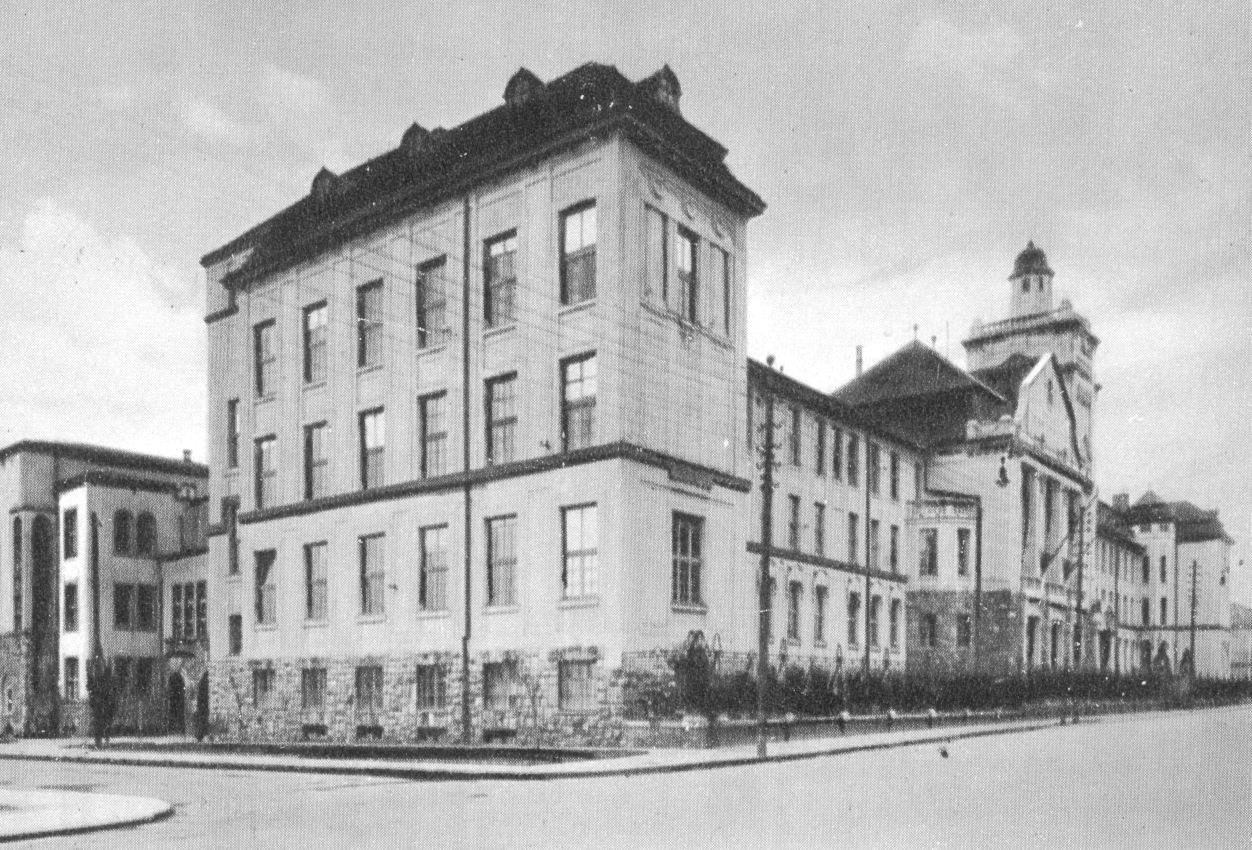Egyetemi hagyományok és tanárképzés
Az intézményi keretek változása Pécsett
DOI:
https://doi.org/10.15170/PAAA.2014.01.01.04Kulcsszavak:
egyetemtörténet, pedagógusképzés, Erzsébet Tudományegyetem, Bölcsészettudományi Kar, Pécsi Pedagógiai/Tanárképző Főiskola, Pécsi TudományegyetemAbsztrakt
The past of teacher training in Pécs is inseparable from the wider history of the University of Pécs and from the sometimes rather heroic struggles for survival of the university and of its individual faculties. At the same time, the history of teacher training also exemplifies what energies can be gained from tradition, sometimes in seemingly hopeless situations.
Although teacher training, as a particular field of higher education, belongs to the university’s twentieth-century history, the tradition and historical roots of the University of Pécs cannot be ignored. The foundation of the medieval universitas in the 14th century had already been surrounded by problems very much similar to the difficulties that we have to tackle today, including the question of financing, and the tension between our aims and our possibilities. In the Middle Ages, teacher training was not isolated within the educational system, but constituted an organic part of the whole, conforming to the principle of docendo discimus. The existence of the universitas in the Middle Ages was strongly connected with the bishop’s person (William of Koppenbach) and the same can be said of the attempt to re-establish the university in the eighteenth century by Bishop György Klimo. It is the latter who accumulated the Klimo Library which today serves as the basis of our University Library.
In the twentieth century, Pécs, strictly speaking, owed each of its four faculties to the Treaty of Trianon: the Royal Erzsébet University, founded in 1912, had to be moved from its original hometown of Pozsony (Bratislava). The university at Bratislava, after a brief transitional period in Budapest (1920–1923), was moved to Pécs. During its operation in Pécs, the thought that the university’s presence in that city was only transitory was continually „in the air”. The Faculty of Theology, operating in Sopron, was only loosely tied to the institution in Pécs. The Faculty of Medicine has always had a well-established and significant number of teachers and students and there developed a substantial clinical background. The new building, having been erected to accommodate the Faculty of Law by 1934, offered stability in the midst of temporality for the faculty. The building, designed for the Faculty of Humanities, was never finished; besides financial difficulties, there arose personal problems thus the project, regarded to be „the weakest link in the chain”, was terminated.
The Pedagogical College, founded in 1948, was the experimental field of training for a long time: students graduated with double and triple majors after finishing two-, three-, and four-year programmes. Until 1964, this form of education had also been characterized by instability; the all-too-frequent reorganizations resulted in the lack of any demand for systematic scholarly research. After the 1970s, the educational framework became more standardized and double-degree programmes, lasting for four years, became the common structure. Since then, “PedCol”, or “Pedfő”, as the people of Pécs used to call it, had become a nationally acknowledged teacher training centre which, by 1982, was ready to offer ground for setting up a university faculty, the Faculty of Education.
In 1982, the existence of the new institution, now a university, meant that the previous Teacher Training College had to raise its standards and adjust them to those of other national faculties of humanities as well as to improve its pedagogical content and methods. The structure of training had become similar to the programmes of the other faculties of humanities by the end of the 1980s: the experimental period was declared to be over in 1988. In 1992, the Faculty of Education was split into the Faculty of Humanities and the Faculty of Sciences, then a Faculty of Music and Visual Arts was established. At present, six out of ten faculties of the university are involved in teacher training, its host institute being an inter-faculty organization, the Centre for Coordinating Teacher Training (“PKK”).
(Translated by Gabriella Hartvig)
Letöltések

##submission.downloads##
Megjelent
Hogyan kell idézni
Folyóirat szám
Rovat
License

This work is licensed under a Creative Commons Attribution-NonCommercial-NoDerivatives 4.0 International License.

